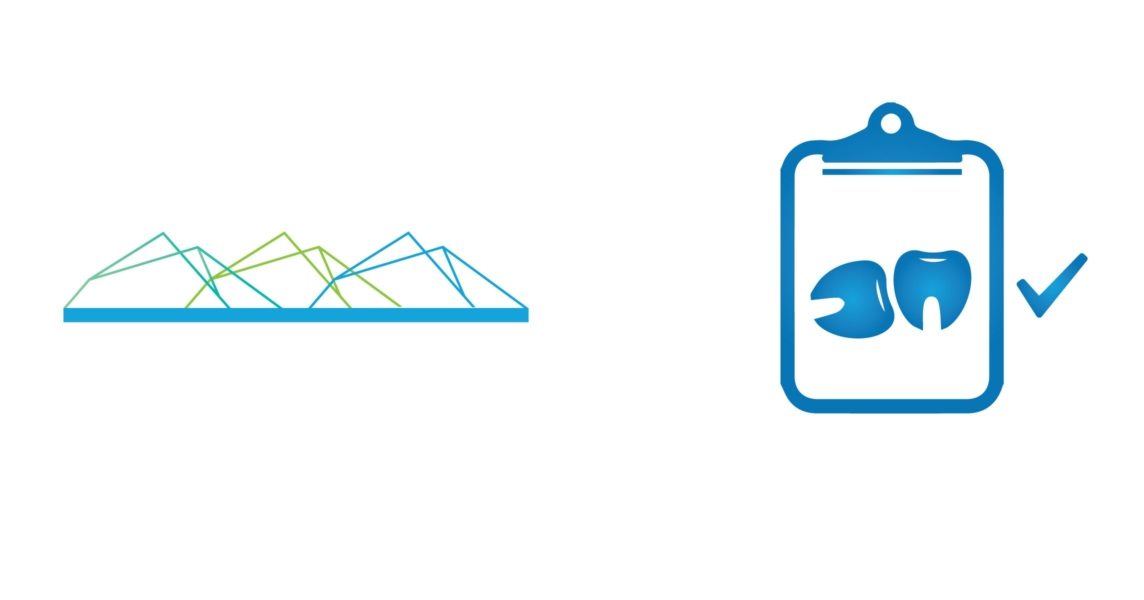Do not disturb the wound. If surgical packing was placed, leave it alone. The pack helps to keep the tooth exposed. If it gets dislodged or falls out, do not get alarmed.
Bleeding
Some bleeding or redness in the saliva is normal for 24 hours. Excessive bleeding (your mouth fills up rapidly with blood) can be controlled by biting on a gauze pad placed directly on the bleeding wound for 30 minutes. If bleeding continues, please call for further instructions.
Swelling
Swelling is a normal occurrence after surgery. To minimize swelling, apply an ice bag, a frozen bag of peas, or a plastic bag or towel filled with ice on the cheek in the area of surgery. Apply the ice continuously, as much as possible, during the first 36 hours.
Diet
Drink plenty of fluids. Avoid hot liquids and foods on the day of surgery. Soft foods and liquids should be consumed on the day of surgery. Return to a normal diet as soon as possible unless otherwise directed, but try to avoid chewing on the surgical site.
Pain
You should begin taking pain medication as soon as you feel the local anesthetic wearing off. For moderate pain, 1 or 2 Tylenol® or Extra Strength Tylenol® may be taken every 3–4 hours. Ibuprofen (Advil® or Motrin®) may be taken instead of Tylenol®. Ibuprofen bought over the counter comes in 200 mg tablets, and 2–3 tables may be taken every 6 hours as needed for pain. For severe pain, the prescribed medication should be taken as directed. Do not take any of the above medication if you are allergic or have been instructed by your doctor not to take it.
Oral Hygiene
Mouth cleanliness is essential to good healing. Clean your mouth thoroughly after each meal beginning the day after surgery. Brush your teeth as best as you can. Rinse with warm salt water (1/2 a teaspoon of salt in a cup of warm water) 6 times a day. Continue this procedure until healing is complete. Remember: A clean wound heals better and faster.
Activity
Keep physical activities to a minimum immediately following surgery. If you are considering exercise, throbbing or bleeding may occur. If this occurs, you should discontinue exercising. Keep in mind that you are probably not taking normal nourishment. This may weaken you and further limit your ability to exercise.
Please review these tips for the safe use and proper disposal of prescription medications.
If you have any questions or concerns, please feel free to call our office at (360) 293-2808. Our after-hours emergency number is (360) 647-4027.
